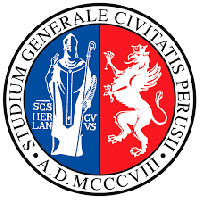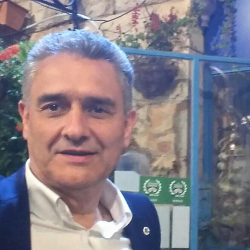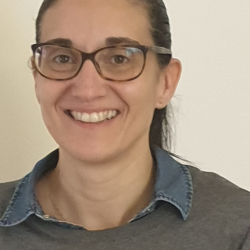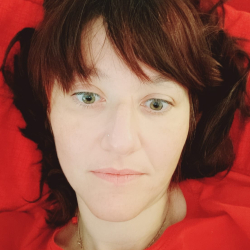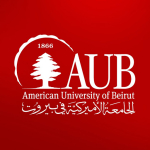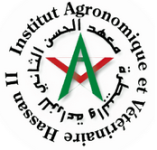ABOUT US




SURFOLY promotes and demonstrates an innovative business and sustainable development model in the circular economy to produce two innovative animal feeds for lactating and fattening small ruminants (sheeps and goats) while supporting mix crop-livestock system and the olive industry in the Mediterranean area. The new feed contains olive oil by-products (pomace, stone and polyphenols from wastewaters) utilised in an innovative way to improve performance and product quality and reduce the overall environmental impact on the life cycle of the combined system olive mill - feed manufacturer - farm. Pomace from olive mills is either centrifuged to separate the olive stone (three phases process) or dryed (two phase process). Olive stone or dried pomace are then pyrolyzed in an innovative regenerative rotary kiln to obtain bio-char which is used to reduce the COD (Chemical Oxygen Demand) of olive mill wastewaters by absorbing polyphenols, hence reducing significantly the polluting impact of their use as a fertilizer or disposal. The polyphenols enriched char has antioxidant potential and can reduce methane emissions from ruminants therefore it is added to dried pomace (from three phases or two phases) to produce a nutrient mix which is eventually pelletised and used as ingredient in the new formula for sheep and goats. To further increase the mix crop-livestock model introduced by SURFOLY, when small ruminants are allowed to graze in olive orchards, digested biochar is released back as a carbon sink in the fields. While main ideas and concepts in SURFOLY are not new, their olistic integration in a sustainable business model for farmers and the olive mill and feed manufacturing industries, with net positive environmental benefits for the MENA region, is groundbreaking.
